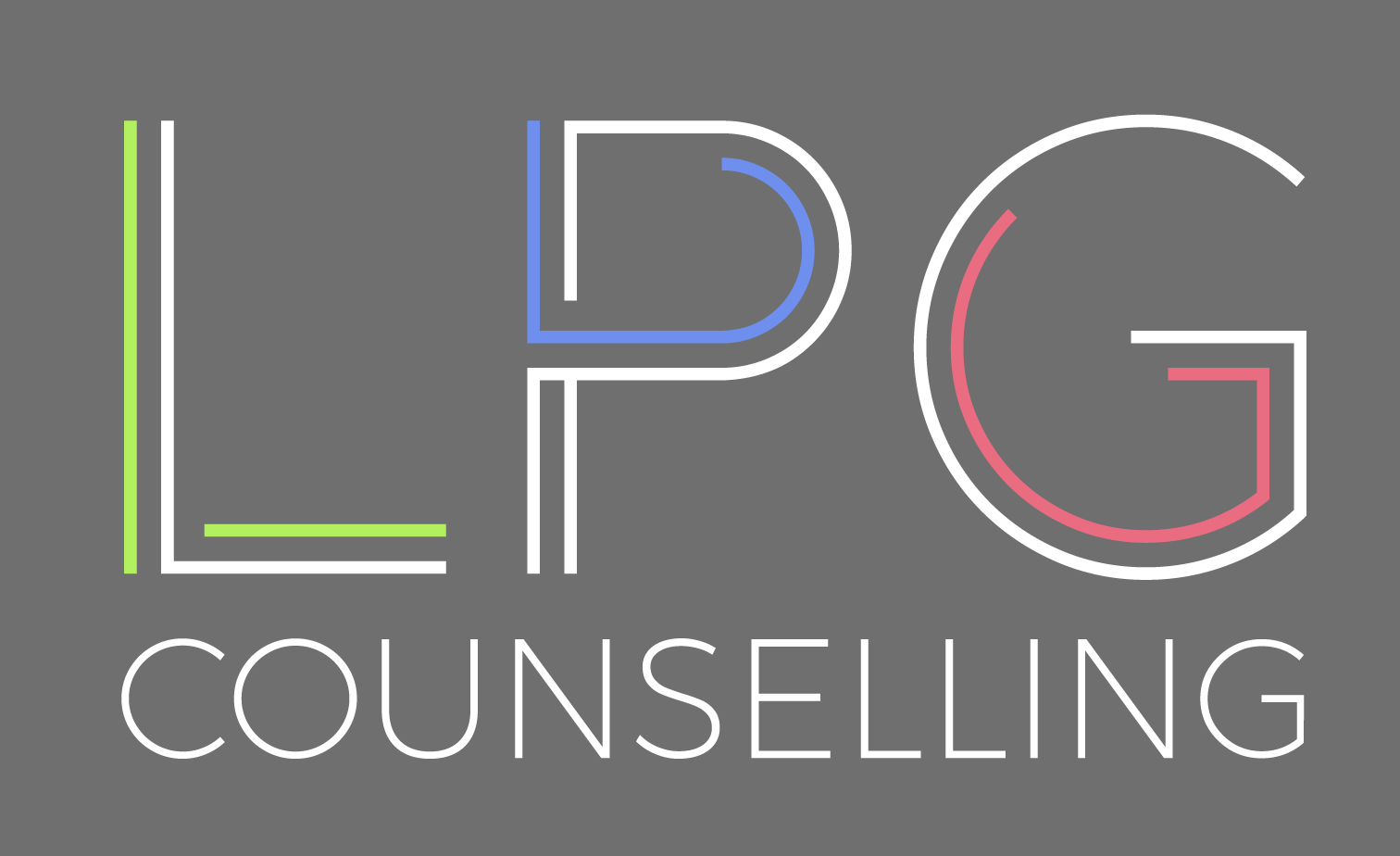{RE:framed] Depression from a Person Centred Perspective
Depression is one of the most common, misunderstood, and widely debated psychological phenomena in both clinical practice and public discourse. As with all phenomena the lens through which it is examined informs how we conceptualise and try to understand what we are experiencing. I’ll attempt a gentle reframing of Depression which is not to be taken definitely but to provoke a re-envisioning and hopefully spark a more nuanced conversations about the topic.
With anything related to health we tend to look towards the medical establishment, and models of therapy aligned with this perspective, who often frame depression as a discrete, diagnosable disorder which can be typically explained in terms of neurobiology, genetics, or “dysfunctional” cognition. The Person-centred approach to therapy challenges this viewpoint as it reduces suffering to symptom checklists, neurotransmitter deficits, neurochemical “imbalances” or pathologised identities. What all too often gets lost is the debilitating and painful experience that is depression. The complexity, uniqueness, and ambiguity of the depressive experience is exactly what Person-Centred Therapy is uniquely primed to delve into and explore.
Anyone who does a quick search for “what are the symptoms of depression” will be met with an almost unending, and sometimes contradictory, list of symptoms ranging from low mood to excessive crying to extreme fatigue to difficulty concentrating. This confusion in regard to what is or what is not depression is at the core of the experience. The Person-Centred perspective doesn’t couch the experience of depression as a disorder to be fixed but a deeply personal experience of disconnection from one’s authentic self. Person Centred theory sees the symptoms of depression as a form of psychological distress which occur when people feel disconnected from who they really are. This often comes from trying to live up to others’ expectations or feeling like they have to be a certain way to be accepted. Our approach centres on the belief that each individual’s inner world and lived experience are paramount as they shape how they engage with and interpret life. From this view, depression is not just a medical condition: it is a sign that someone feels cut off from their true feelings and sense of self.
Generally speaking, people start to feel better when they stop trying to be who they think they “should” be and start reconnecting with who they really are. That’s when healing happens but also therein is where the work lies.
Depression remains, at its core, a deeply complex and ambiguous phenomenon: an entity that resists complete explanation and that demands humility, presence, and openness from those seeking to help. The person-centred therapist does not aim to define depression for you; it’s something you figure out together through a collaborative and exploratory partnership. They don’t come in with answers but instead follow your lead and help you to explore and process the meaningful (often painful) signals of the legacy left by experiences of unmet emotional needs; blocked growth; or violations of self that underlies your depression. Depression can rob us of our voice so if you’re quiet; unsure what to say; or struggling to name your feelings; that’s okay! There is no pressure to talk or have a plan. Even silence can be meaningful, and the therapist can help you gently explore explore what is happening in that quiet space. Rather than feeling threatened by a lack of answers or clarity, person-centred therapists consider this an opportunity for growth and creativity..
From an existential perspective depression can be seen as “an experience resulting from encountering and confronting some of the most painful, harsh or challenging facts of life which can result in despair, meaninglessness, and loss of purpose.” This underlines a radical humility: each client brings a unique configuration of meaning, history, emotion, and intention to therapy, and depression may function for them as communication, protection, protest, exhaustion, to name but a few possibilities. From this perspective we can see there is no imperative to narrow depression down to “distorted cognition” or “neurochemical imbalance” because when we do, we in essence lose an important opportunity for reconnection within ourselves.
The strength of the Person-Centred Therapy is that it helps you learn how to approach, feel, and symbolize difficult emotions rather than trying to eliminate them as “symptoms.” The willingness to stay with, accept, and reflect emotion, even when it is ambiguous or overwhelming, is central to psychological wellbeing.
Your depression and its ambiguity are not a failure but an invitation to journey into the unknown, to resist being pigeonholed, and to trust in the possibility of rediscovery. The labyrinthine path to reconnection with your own inner wisdom and self-worth is within you even when depression fogs the way ahead and the footsteps left behind. Only you can journey through the darkness but do you have to do it alone?
Disclaimer:
The topics explored in this article are for education and reflective purposes only. If you are experiencing symptoms of depression that are impacting your quality of life severely and persistently then therapy alone is unlikely to provide adequate support. It is important to consult and seek support from your GP or other qualified medical professional before or in tandem with therapy. This content is not a substitute for clinical diagnosis, treatment, or crisis support.
Gavin McDonald
Gavin McDonald, BSc, MBACP (Accred) is a Person Centred therapist and managing director of LPG Counselling based in Scotland. They are an advocate for the Person Centred approach both inside and outside the therapy room. His area of interest is the exploration of gender identity. www.lpg.scot

